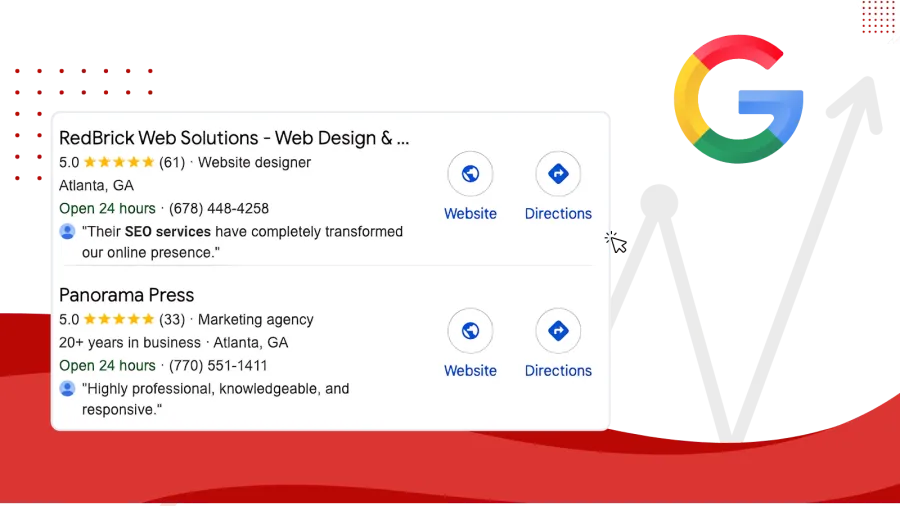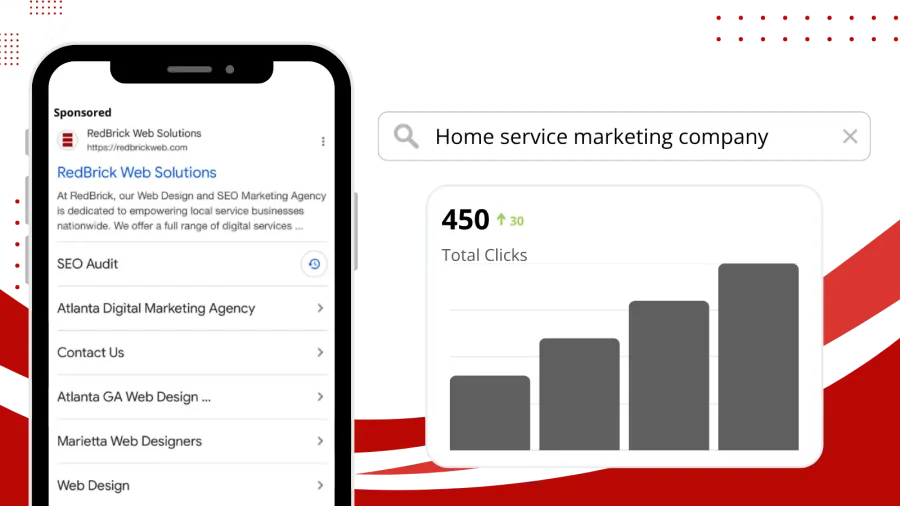
Attract More Leads and Grow Your Business
The Home Services Marketing Agency

Turn Searches into Service Calls
Drive revenue from organic search with fully managed SEO strategies built for local success.
Websites Designed
to Convert
Our websites are built around what converts visitors into leads at the highest rates.

Reach the Right Customer Fast
Generate immediate leads through targeted advertising customized to fit your budget.

"After too many letdowns from marketing agencies, I brought SEO and advertising in house for my e-commerce business. It worked so well, I launched RedBrick to give others access to the same results."
Keith Hildebrandt, CEO of RedBrick

What is SEO?
And Why Should You Care?
Search Engine Optimization (SEO) is how your business shows up when people search online for services you provide. If your website is not showing up on page one, chances are your competitors are, and they are getting the calls you are missing.
For home service business owners, SEO can sound like a confusing mix of buzzwords and tech jargon. You have probably heard terms like keywords, metadata, and rankings, but what do they actually mean for your business?
Here is the simple version:
SEO helps your ideal customers find you online before they find someone else.
Why SEO Can Feel Overwhelming
Most small business owners do not have time to decode SEO articles or manage dozens of online tools. Between running your business, managing your team, and taking care of customers, it is easy to push your website to the back burner.
That is why we offer a Free SEO Audit. It is a simple way to see how your site is performing and what gaps might be holding you back. There are no confusing reports and no commitment. Just clear insights and actionable steps.
Success Stories From Business Owners Like You
Our Featured Projects
Proven Success Across Many Industries





